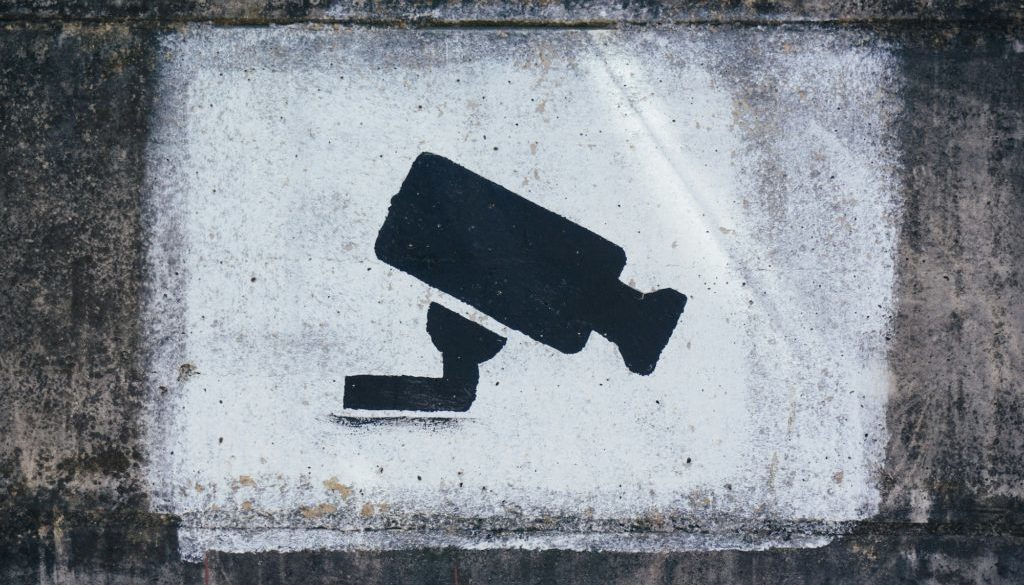How to Handle Surveillance and Investigations by Insurance Companies
When you file a personal injury or disability claim in Ontario, it’s not uncommon for insurance companies to conduct surveillance or investigations to verify the legitimacy of your claim. This can be a stressful experience, especially when you are already dealing with the challenges of your injury or disability. Understanding how to handle these situations is crucial to protecting your claim and ensuring that you receive the benefits you deserve. This post will provide you with guidance on how to handle surveillance and investigations by insurance companies effectively.
Why Insurance Companies Conduct Surveillance
Insurance companies often conduct surveillance as part of their efforts to identify potential fraud or exaggeration of claims. This might involve hiring private investigators to monitor your activities, reviewing your social media profiles, or conducting interviews with people who know you. The goal is to find evidence that contradicts your claim, such as footage of you engaging in activities that you’ve stated you’re unable to do due to your injury.
In Ontario, surveillance by insurance companies is legal, but it must be conducted within certain boundaries. For example, investigators are generally not allowed to harass you, invade your privacy in your home, or misrepresent themselves to gain information.
How to Handle Surveillance
- Be Honest About Your Capabilities
The most important thing you can do is to be truthful about your injury or disability from the start. If you are honest in your claim about what you can and cannot do, there will be no discrepancies for the insurance company to find. It’s critical to accurately describe your limitations and avoid exaggerating your symptoms.
- Be Mindful of Your Activities
While honesty is key, it’s also important to be mindful of your activities and how they might be perceived. For instance, if you claim that you cannot lift heavy objects due to a back injury, and you are seen carrying groceries, this could be used against you—even if the groceries are not heavy. Consider how your activities might look to an observer and avoid actions that could be misinterpreted.
- Limit Social Media Use
Social media can be a treasure trove of information for insurance companies. Posts, photos, and comments can be taken out of context and used to challenge your claim. For example, if you post pictures of a vacation while claiming you are too disabled to work, the insurance company might argue that your condition isn’t as severe as you’ve reported. It’s best to limit your social media activity while your claim is being processed and ensure your privacy settings are as strict as possible.
- Document Your Condition
Keep a detailed journal of your symptoms, treatments, and limitations. This documentation can serve as evidence to support your claim if the insurance company challenges your credibility. If you have a day where you’re feeling slightly better and decide to engage in a light activity, note it down along with any consequences, such as increased pain afterward.
- Consult with a Lawyer
If you suspect that you are being surveilled or if your claim has been questioned based on surveillance evidence, it’s essential to consult with a lawyer. An experienced personal injury or disability lawyer can help you understand your rights, review any evidence the insurance company has gathered, and advise you on how to proceed. They can also help ensure that the insurance company’s surveillance tactics do not overstep legal boundaries.
Conclusion
Dealing with surveillance and investigations by insurance companies can be daunting, but by being honest, mindful, and well-prepared, you can protect your claim. It’s essential to understand your rights and seek professional advice if you believe your claim is being unfairly challenged.
If you are facing surveillance or an investigation by an insurance company, the experienced lawyers at Hilborn and Konduros in Cambridge, Ontario, are here to help. Contact us today to discuss your case and ensure that your rights are protected throughout the process.



